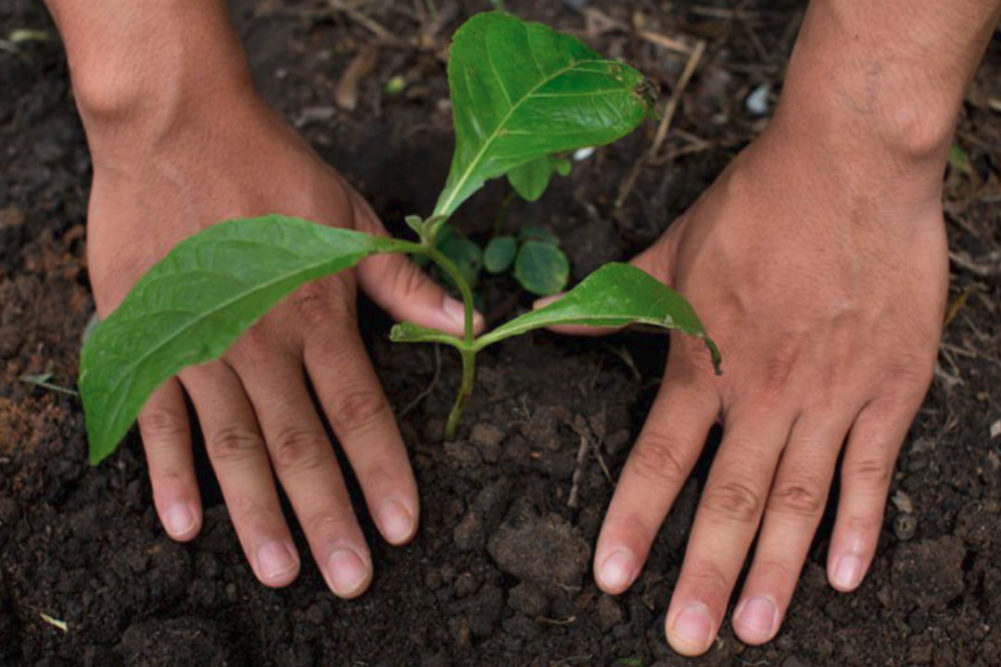VEVEY, SWITZERLAND – Nestle SA plans to invest approximately $1.3 billion over the next five years to help its farmers and suppliers transition to using regenerative agriculture practices.
The world’s largest food company said its efforts primarily will focus on three initiatives. First, Nestle will use its network of research and development personnel and agronomists to develop more environmentally friendly crops and production practices. Examples may include higher-yielding coffee and cocoa varieties with lower environmental impact and assessing solutions to reduce emissions in the dairy supply chain. Nestle also said it will offer training and help producers exchange information and best practices that may be adapted locally.
“This means rewarding farmers not only for the quantity and quality of ingredients but also for the benefits they provide to the environment through soil protection, water management and carbon sequestration,” the company said.
Agriculture accounts for nearly two-thirds of Nestle’s total greenhouse gas emissions, with dairy and livestock making up about half of that, according to the company. Management hopes its initiatives will help the company reach its goal of halving its emissions by 2030 and achieving net-zero emissions by 2050.
“We want to increase our support for farming practices that are good for the environment and good for people.” – Mark Schneider, Nestle
“With our long-standing partnerships with farming communities globally, we want to increase our support for farming practices that are good for the environment and good for people,” said Mark Schneider, chief executive officer. “In the spirit of enabling a just transition it is vital that we support farmers around the world that take on the risks and costs associated with the move towards regenerative agriculture.”
Nestle’s announcement comes a day after PepsiCo, Inc., Purchase, NY, announced a number of sustainability commitments intended to help the company achieve its sustainability goals. Specifically, PepsiCo said it plans to apply regenerative agriculture practices to landmass equal to the company’s agricultural footprint, which is approximately 7 million acres.
Nestle and PepsiCo are not the only major food processors emphasizing the development of regenerative agriculture practices. General Mills, Inc., Minneapolis, has established a goal of advancing sustainable farming practices to one million acres of farmland by 2030. Unilever PLC, London, has committed to introducing a Regenerative Agriculture Code for all suppliers and working with partners to make its product formulations biodegradable by 2030.

